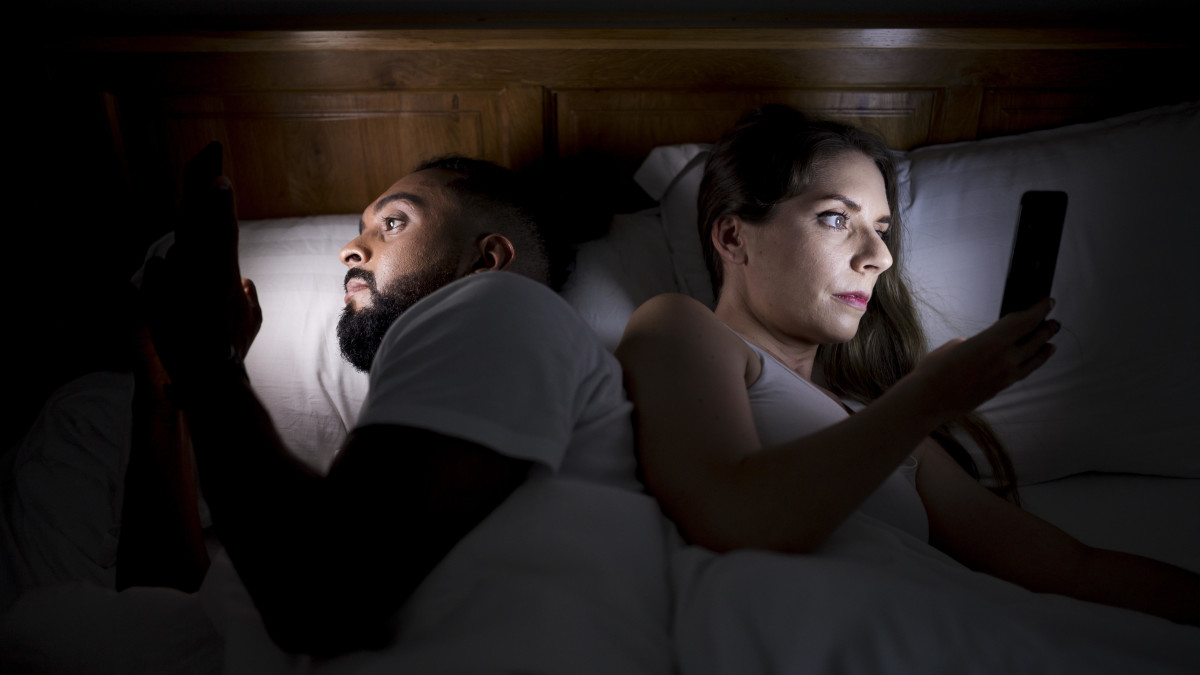Can’t fall asleep? Take the TV out of the room: A new study from Norway reveals a significant relationship between bed screen time and sleep problems, insomnia and sleep loss. The study, which was based on a common health survey conducted in 2022 in more than 45,000 students aged 18 to 28, found that every other hour of using the screen while lying in bed, raised the risk of insomnia, causing an average of a 24 -minute loss at night.
The researchers emphasize that this is only a statistical connection, and not in proof of causation – that is, people who suffer from insomnia tend to use more screens at night, and not necessarily the use of the problem.
Main researcher, Dr. Gonen Johnsan Yitland of the Norway Public Health Institute, said there was no significant difference between the types of digital activity, such as social networking, watching videos or games, and that the very use of the screen seems to be the most affected factor in sleep.
The survey included questions about using digital after entering the bed – such as watching TV, browsing, using social media and games – as well as questions about the duration of time, the number of nights per week when they turned the screen, and symptoms such as difficulty sleeping, early cuts or daily fatigue. People who have reported such symptoms at least three nights or days a week, for at least three months, were defined as insomnia.
The experts recommend avoiding the use of screens at least half an hour before bed, and prefer soothing actions: reading, hot bath, breathing, or meditation. It is also advisable to set a regular sleep routine – including consistency hours – and avoid caffeine, alcohol and heavy bedtime meals.
“Exposure to light emitted from the night’s screens may disrupt melatonin secretion and impair sleep, quality and efficiency,” explains Dr. Amit Green, a sleeping expert at Assuta Medical Centers. Salviza seems to be less disrupted by melatonin secretion and sleep injury compared to mobile, computer or tablet, because it is far and the light that reaches the eye with less intensity. Active degree also affects: Using screens on social, news or games causing over -awakening and sleep difficulties. We recommend reducing screens about an hour before the desired sleep. ”
